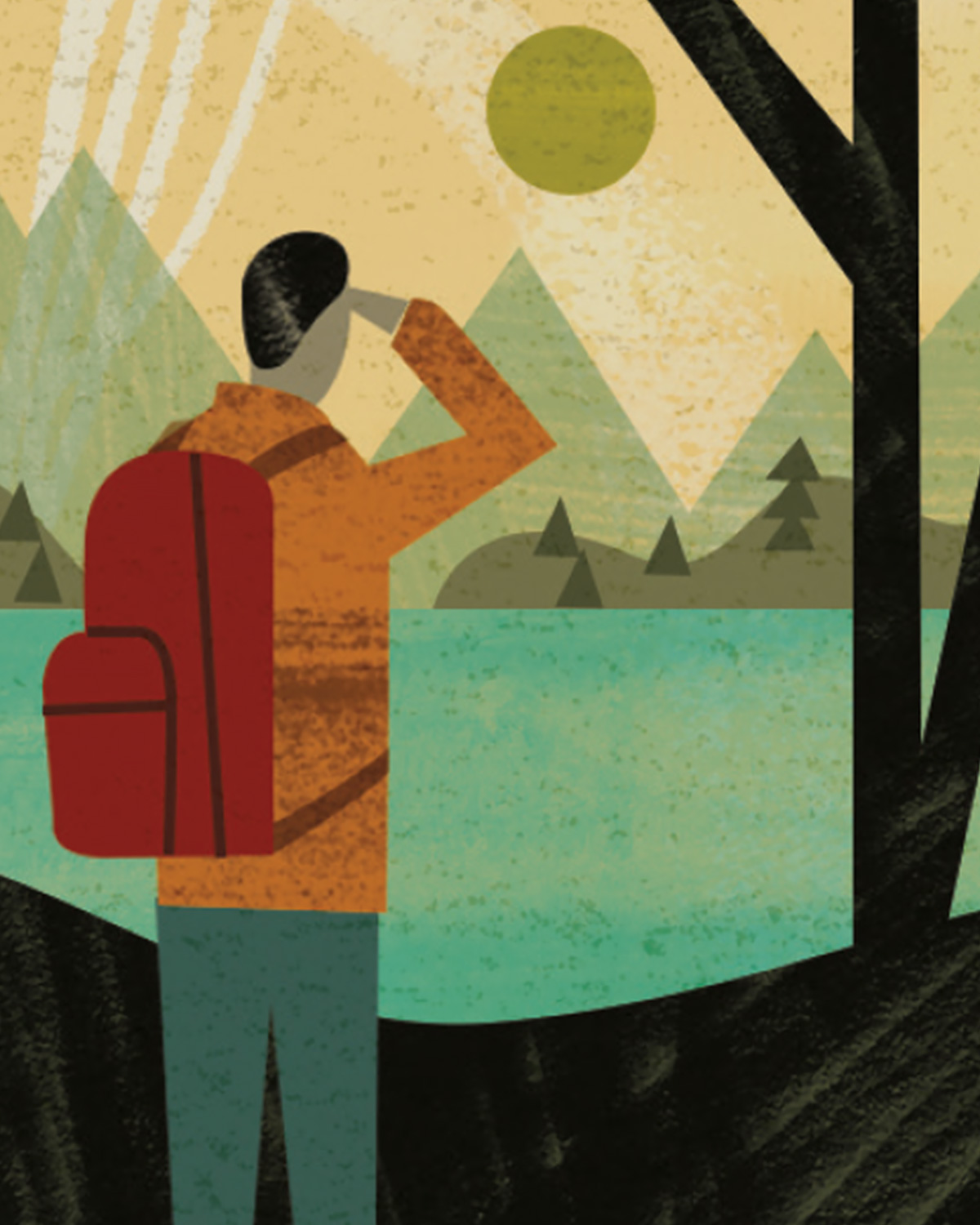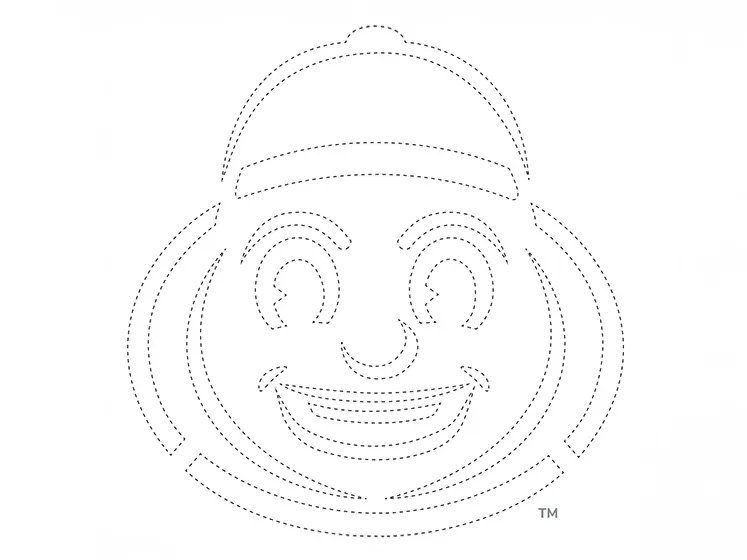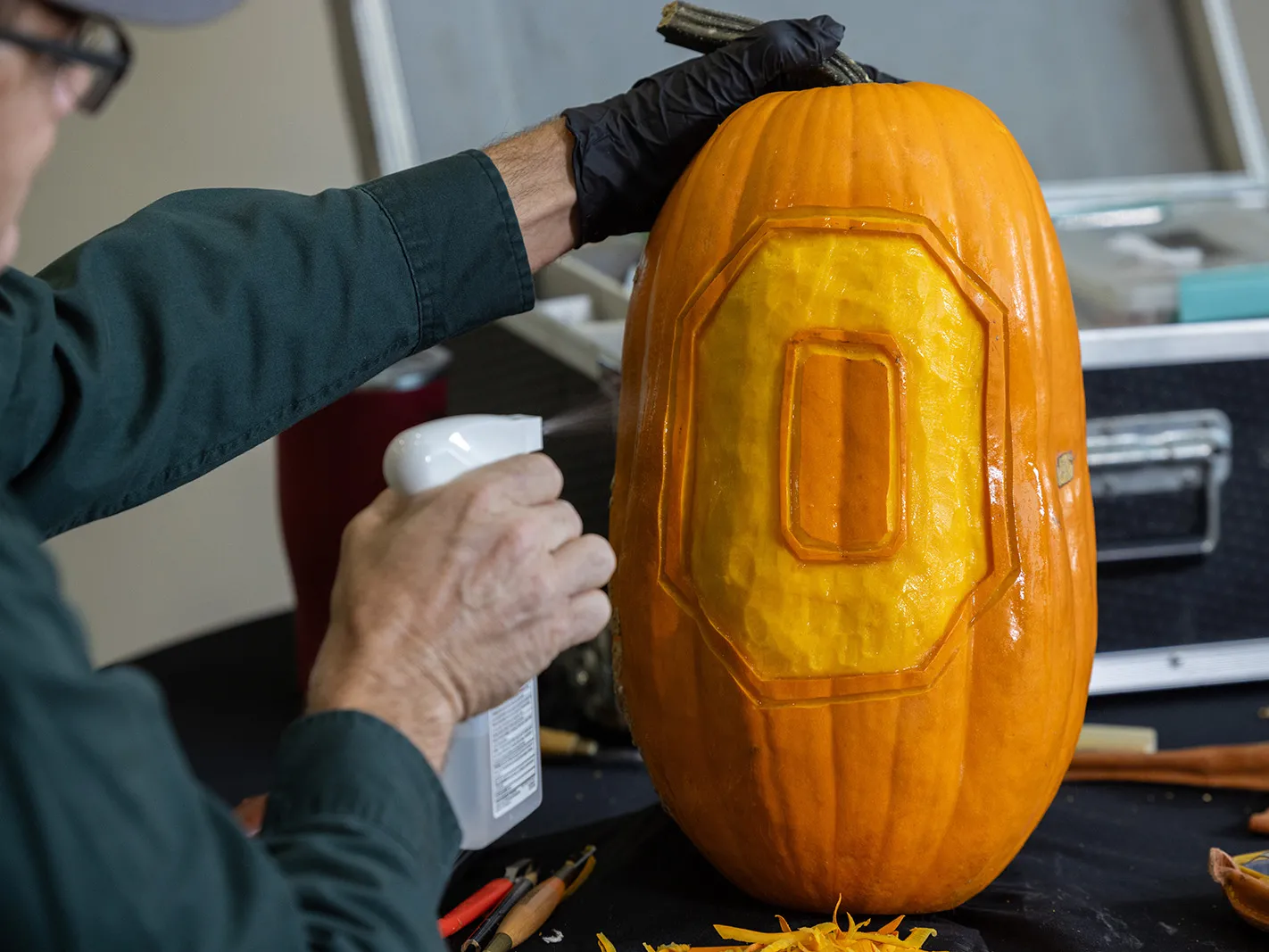How to find meaning in bad surfing and other flaws
Karen Rinaldi ’83, author of the book (It’s Great to) Suck at Something, shares how she celebrates the freedom in failure.
 I’m 58 now. I started surfing when I was 40. It’s really hard, and I’m really bad at it. But I kept at it and I kept at it and I kept at it. There were years when I asked myself why I kept doing it. It’s because it makes me happier than anything else I do. And I thought, “Well, that’s interesting: The thing I am the worst at is the thing that makes me happiest.”
I’m 58 now. I started surfing when I was 40. It’s really hard, and I’m really bad at it. But I kept at it and I kept at it and I kept at it. There were years when I asked myself why I kept doing it. It’s because it makes me happier than anything else I do. And I thought, “Well, that’s interesting: The thing I am the worst at is the thing that makes me happiest.”
Everything I do outside of surfing — my roles as a parent, as a partner, as a publisher — there is resounding relevance: I have to be good at it, and people are expecting things from me. And I am pretty good at a lot of things.
But with surfing, I don’t have to be better than sucking at it. Nobody cares. There are no expectations. And what comes in place of expectations is a lot of patience, a lot of freedom, a lot of humor, a lot of love.
I want to inspire people to try new things. Don’t be afraid of failing, and don’t be afraid of getting good at it. Sucking actually can lend a kind of freedom that you don’t have in the rest of your life, where the expectations are very, very high. What you learn is how to improvise. You learn how to be resilient — how to forgive yourself for sucking.
There’s also a lesson for parents here. We tend to go all the way to “You’re great at this, you’re going to go far, you’re going to win.” But let’s be real. Kids are going to suck at most things they try, and we never want to discourage them from trying. We want to convey that they could be the worst at this or that and still be loved and have friends. — As told to Tom Kertscher


